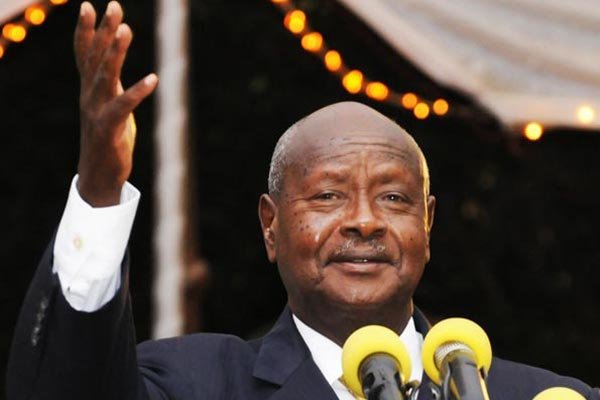Uganda’s Electoral Commission on Tuesday gave the green light to President Yoweri Museveni, clearing the 81-year-old leader to seek reelection in the polls scheduled for early next year. If successful, the vote could extend his tenure in the East African nation to nearly half a century.
A former rebel commander, Museveni first took power in 1986 after toppling Milton Obote’s government and has since become Africa’s fourth-longest-serving head of state. His leadership has drawn mixed reviews: praised for stabilising Uganda, boosting economic growth, and spearheading the fight against HIV/AIDS, but condemned by critics who point to corruption scandals, human rights violations, and the heavy suppression of political rivals.
Museveni once declared that Africa’s problem was not its people but “leaders who want to overstay in power.” Since then, his government has twice amended the constitution, scrapping both term and age limits to allow him to remain in office.
The 2026 election is set to renew the clash between Museveni and his main opponent, Bobi Wine, the 43-year-old pop star-turned-politician whose real name is Robert Kyagulanyi. Wine has built a massive following among younger Ugandans frustrated with the status quo. In 2021, Museveni defeated Wine by a wide margin, but Wine insisted the outcome was stolen through “ballot stuffing, intimidation by security forces, and other irregularities.”
Museveni’s candidacy was the first cleared by the Electoral Commission, which is also expected to vet Wine’s bid this week. At a press conference on Tuesday, the president outlined his vision for another five-year term, promising to tackle insecurity, improve infrastructure, and expand health and education services.
“There’s a bit of crime and impunity,” Museveni said, adding that his National Resistance Movement party would also focus on “getting rid of corruption.”
Opposition Fears Heightened Political Tensions
Museveni’s government is banking on an economic boom once Uganda begins crude oil exports next year, with projections suggesting growth could leap into double digits. However, opponents argue that state patronage, control of the military, and intimidation tactics underpin Museveni’s grip on power. They accuse his administration of kidnappings and torture, claims the president denies.
In May, controversy deepened when Muhoozi Kainerugaba, Uganda’s military chief and Museveni’s son, admitted to detaining a missing opposition activist in his basement. He also threatened that Wine would be the next target.
Meanwhile, longtime opposition figure Kizza Besigye, a relentless critic of Museveni’s rule, faces fresh treason charges. Authorities allege he attempted to overthrow the government, a charge supporters dismiss as politically motivated. Human rights groups condemned the case as part of a crackdown on dissent.
They warn that such prosecutions further erode Uganda’s democratic space ahead of the 2026 polls. “The legal harassment of opposition leaders demonstrates how far the government will go to silence critics,” one rights monitor said.
Besigye’s ordeal underscores the heightened risks facing opposition voices in Uganda. For supporters, he remains a symbol of resistance against authoritarianism, even as the government insists that all prosecutions are justified under national security laws.
As the international community watches developments, concerns are mounting that the upcoming election could test not only Uganda’s political stability but also the credibility of its democratic institutions.
READ ALSO: IMANI Warns Procurement Reforms Risk Becoming Another Paper Promise























